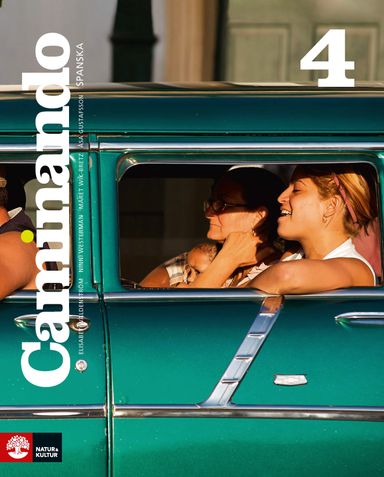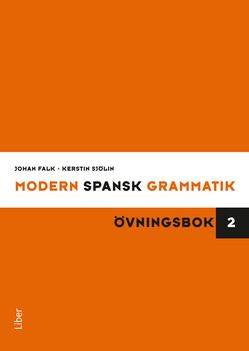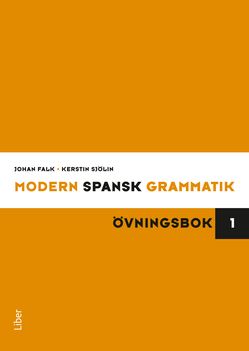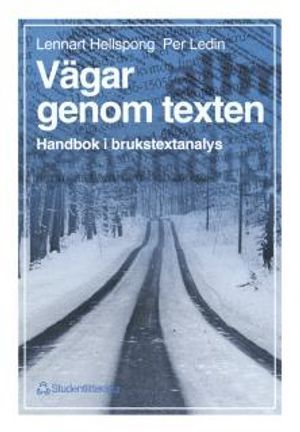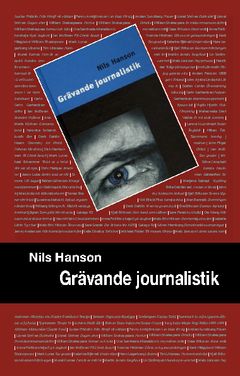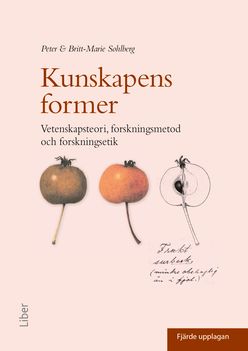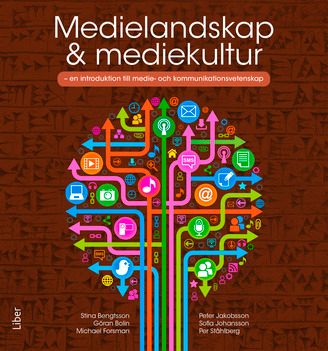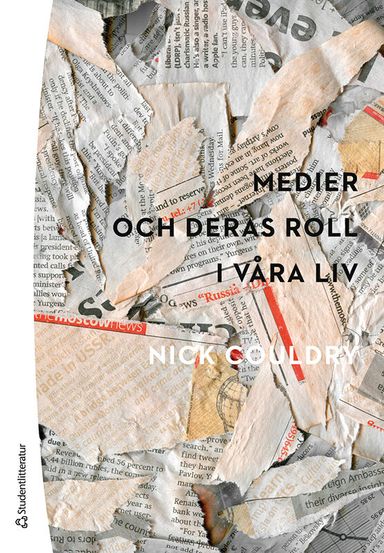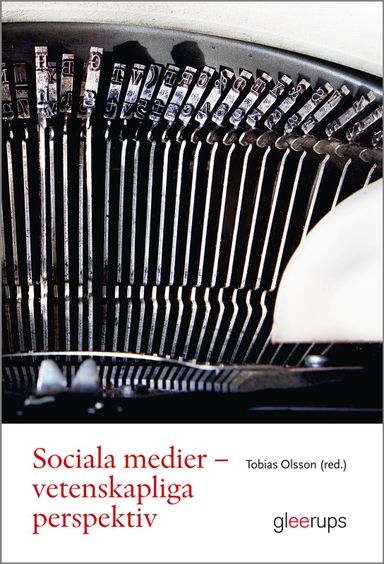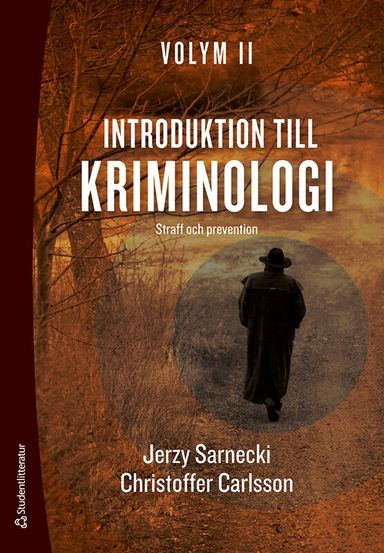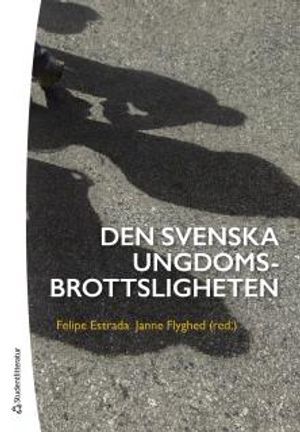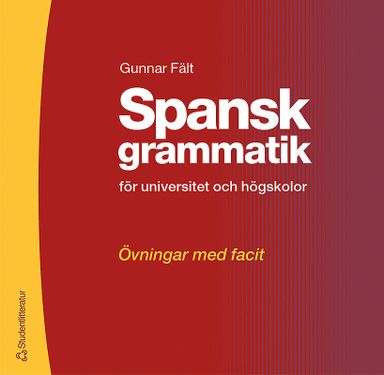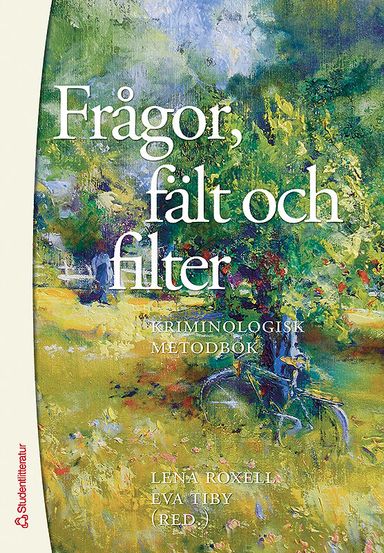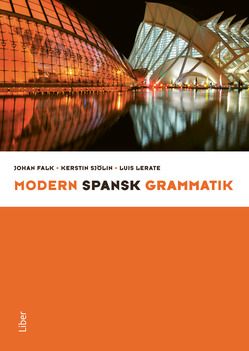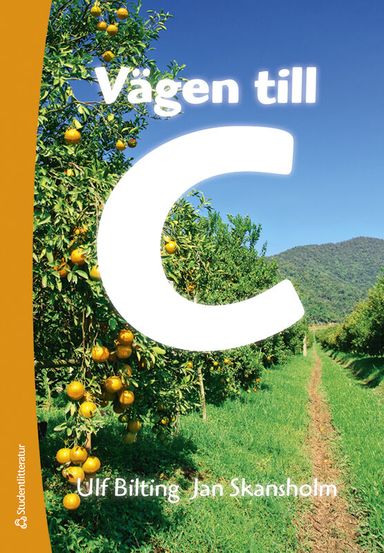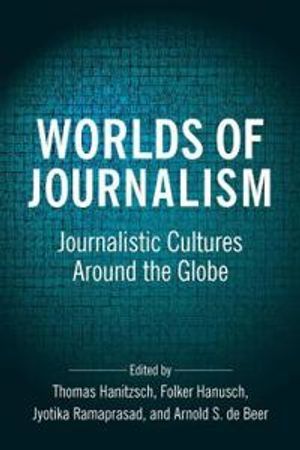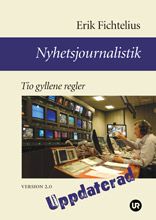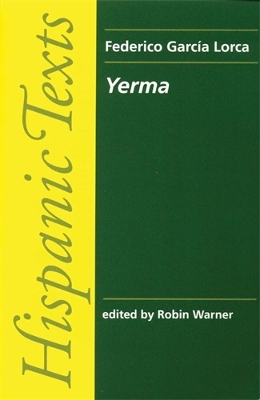

Yerma
- Utgiven: 1994
- ISBN: 9780719041310
- Sidor: 112 st
- Förlag: Manchester University Press
- Format: Häftad
- Språk: Engelska
Om boken
The second of Lorca's trilogy of rural dramas, Yerma, is a blend of contrasting moods through which Lorca charts the increasingly destructive obsession of a childless young country wife, and probes the darker zones of human fears and desires. The play's rich mode of expression - a combination of verbal, visual and auditory images and rhythms - is also geared to celebrating sexual attraction and fertility, creation and procreation. Through his characterization of the play's central figure, Lorca raises the question of women's social status - a controversial question both then and now, and one to which Robin Warner pays particular attention in his critical introduction to the play. He also examines the links between the dramatic structure of Yerma and the importance of cultural politics during the course of the Second Spanish Republic. The Spanish text is supported by an introduction and notes in English, as well as by an extensive vocabulary and section of discussion questions. --
Language: Spanish and English.
Åtkomstkoder och digitalt tilläggsmaterial garanteras inte med begagnade böcker
Mer om Yerma (1994)
I oktober 1994 släpptes boken Yerma skriven av Federico Garcia Lorca, Rebecca Warner. Den är skriven på engelska och består av 112 sidor. Förlaget bakom boken är Manchester University Press.
Köp boken Yerma på Studentapan och spara pengar.
Referera till Yerma
Harvard
Lorca, F. G. & Warner, R. (1994). Yerma. Manchester University Press.
Oxford
Lorca, Federico Garcia & Warner, Rebecca, Yerma (Manchester University Press, 1994).
APA
Lorca, F. G., & Warner, R. (1994). Yerma. Manchester University Press.
Vancouver
Lorca FG, Warner R. Yerma. Manchester University Press; 1994.
